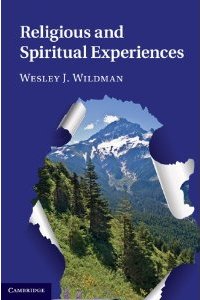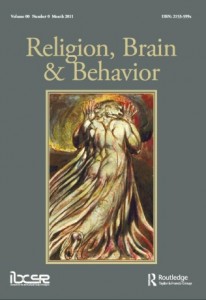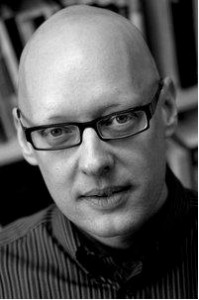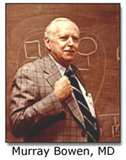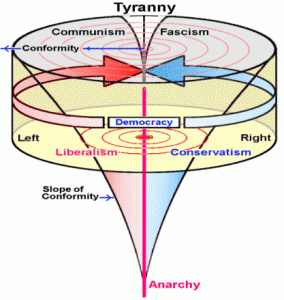 Wesley Wildman is working with Dr. Catherine Caldwell-Harris from Boston University’s Psychology Department on a new program of research aimed at learning more about ideological polarization in politics, morality, and religion. Ideological spectrums have been studied intensively in relation to politics, and in recent years morality has received renewed attention. Both spheres of research have yielded fascinating insights into why people adopt the political and moral beliefs they do, what kinds of personality and behavioral correlations exist for various positions on ideological spectrums, and how people change over the lifespan in their moral and political opinions and practices.
Wesley Wildman is working with Dr. Catherine Caldwell-Harris from Boston University’s Psychology Department on a new program of research aimed at learning more about ideological polarization in politics, morality, and religion. Ideological spectrums have been studied intensively in relation to politics, and in recent years morality has received renewed attention. Both spheres of research have yielded fascinating insights into why people adopt the political and moral beliefs they do, what kinds of personality and behavioral correlations exist for various positions on ideological spectrums, and how people change over the lifespan in their moral and political opinions and practices.
To this point, there has been much less research directed toward understanding ideological spectrums in regard to religious and theological beliefs and practices. Fundamentalism has received a lot of attention, and sociologists have given a good deal of thought to the conditions under which religious groups at various places on the theological spectrum thrive or decline. But the religious and theological spectrum itself is in need of more intensive study, integrating insights from a number of relevant disciplinary perspectives.
The particular aims of the Spectrums Project are three.
Literature Review: We aim to conducting a comprehensive literature review to assemble a definitive report on what is known about theological, political, and moral differences.
Empirical Study: We aim to gather quantitative and qualitative data from online and in-person participants that surface theological, political, and moral spectrum differences; attitudes to such differences; and interactions between such differences and other differences of culture and heritage, belief and behavior.
Educational Laboratory: We aim to develop and experiment with techniques for creatively deploying the assembled information in university programs and classrooms to allow faculty and students safely to address such issues, thus learning about themselves and others in accordance with the living laboratory concept.
This third aim is essentially a practical application of our research findings to the concrete challenges of dealing with ideological spectrums in the higher-education classroom setting. This is nowhere more perplexing than in seminary education, which conducts the training of professional religious leaders. Here above all there should be profound and sensitive understanding of ideological spectrum differences in religious beliefs and practices, but sadly these settings often consolidate wariness toward others more than they educate future leaders about themselves and others.
Seminary students bring assumptions to their theological studies regarding God, the world, and human relationships. Most students adapt more readily to the visible differences of bodies and cultures than they do to more hidden differences of viewpoint. The hidden differences quickly become evident, however, often accompanied by some degree of shock, in classroom discussions and hallway debates. These revelations of political, moral, and theological difference can cause serious problems in the educational process, even as they present important educational opportunities. Unfortunately, and despite noisy signs that such differences dominate media coverage of political and religious issues, little is known about theological, political, and moral differences than should be the case among religious people and within their professional training centers. As the intractability of culture wars demonstrates, the dynamics of ideologically and religiously loaded interactions, both among individuals and across diverse cultures and traditions, can be quite destructive.
In seeking to address these challenges, the Spectrums Project is building on a firm foundation. Dr. Wildman recently co-authored a pair of books on the subject (Lost in the Middle? and Found in the Middle!), based on a large amount of outreach to diverse groups of people. He also hosted a 2009 conference to prepare for the Spectrums Project, bringing together experts and students in the topic with a view to identifying what is already known and what has yet to be studied.
 The Institute for the Biocultural Study of Religion (www.ibcsr.org) is a site that brings cutting-edge research in the scientific study of religion to the general public, journalists, and researchers in the field. The web team at IBCSR has been working hard to increase capacity and speed at the site, while continuing to producing first-rate content.
The Institute for the Biocultural Study of Religion (www.ibcsr.org) is a site that brings cutting-edge research in the scientific study of religion to the general public, journalists, and researchers in the field. The web team at IBCSR has been working hard to increase capacity and speed at the site, while continuing to producing first-rate content.
